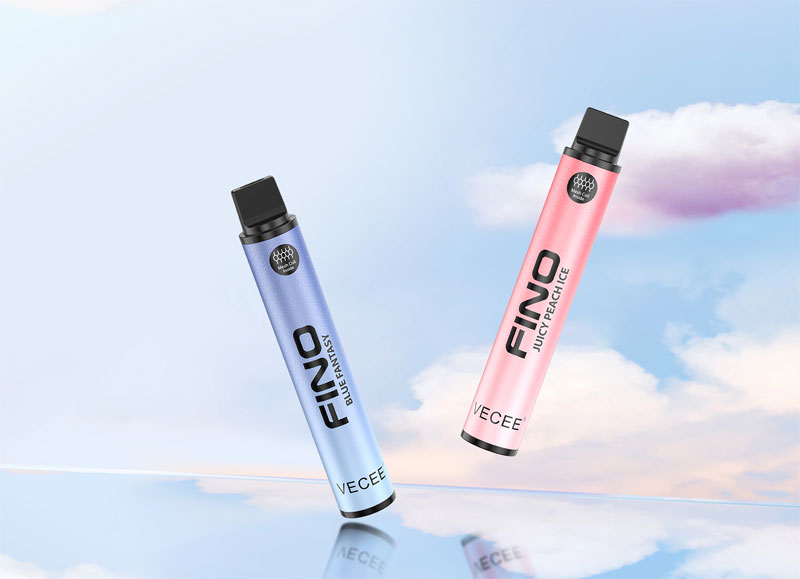
As we look ahead to 2025, the landscape of e-cigarette regulations in the Netherlands is poised for significant changes. With increasing concerns about public health and the impact of vaping on younger generations, Dutch lawmakers are working tirelessly to establish a framework that both protects consumers and ensures the responsible growth of the vaping industry. This article explores the potential regulatory changes in the Netherlands, the implications for both consumers and manufacturers, and the wider trends influencing these shifts.

Current E-Cigarette Trends in the Netherlands
Before delving into potential regulatory changes, it’s important to understand the current state of e-cigarette use in the Netherlands. Over the past decade, vaping has emerged as a popular alternative to traditional smoking. Many view e-cigarettes as a less harmful option, leading to a steady increase in users across various age groups. However, this rise has also sparked debates about the potential health risks, especially concerning youth uptake.
The Dutch government has implemented several measures to address these concerns, such as banning flavored e-liquids that are particularly appealing to young people. As we approach 2025, there is a likelihood that these regulations will become stricter, focusing on product safety standards and marketing practices.

Anticipated Regulatory Changes
The Netherlands’ commitment to public health may lead to comprehensive regulations encompassing various aspects of the e-cigarette market.One of the key areas of focus will be the ingredients used in e-liquids. Authorities are expected to implement stringent requirements for transparency, mandating manufacturers to disclose all ingredients. This measure not only protects consumers but also fosters trust in the legitimate e-cigarette brands.
Another anticipated regulation is the introduction of stricter age verification processes. To combat the increase in underage vaping, new laws might require stores to use more advanced technology when verifying a customer’s age, thus preventing sales to minors. In addition, health warnings on packaging could become more explicit, similar to those used in the tobacco industry.
Implications for Manufacturers and Retailers
For manufacturers and retailers, the introduction of new regulations in 2025 will require adaptability and compliance. Businesses need to prepare for potential changes in packaging, advertising, and product development. Meeting the demand for transparency and safety could pose challenges but also presents opportunities for innovation and differentiation in a crowded market.
Retailers may need to invest in training staff to ensure compliance with new sales and verification processes. Furthermore, those selling online may face additional scrutiny, potentially leading to tighter controls over internet sales and marketing tactics.
What Consumers Can Expect
For consumers, upcoming regulations could mean a safer and more transparent vaping experience. With clear ingredient labeling and enhanced quality standards, users will have access to product information that allows them to make informed decisions. However, the changes may also result in increased prices as manufacturers adjust to meet new compliance requirements. Consumers should stay informed about these changes to understand their impact on personal use and preferences.
Global Influences on Local Regulations
It’s essential to recognize that the Netherlands’ e-cigarette regulations are not developed in isolation. Global trends and scientific research heavily influence local policy. For instance, findings from studies on health impacts or successful regulatory frameworks in other countries, such as the United States or countries within the European Union, could shape Dutch policies. Collaboration and dialogue with international health organizations and experts can further guide the evolution of e-cigarette regulations in the Netherlands.
If a single html comment appears, it could be here.
Frequently Asked Questions
Are flavored e-liquids banned in the Netherlands? Yes, to a certain degree. The ban targets flavors that are attractive to young users, focusing on public health and reducing youth vaping rates.
How will new regulations affect the cost of e-cigarettes? Compliance with enhanced regulations might lead to increased costs for manufacturers, which could be reflected in the retail prices of e-cigarettes.
Is online e-cigarette sales allowed? Currently, yes, but expect more stringent checks and controls as regulations evolve to ensure safe and legal transactions.